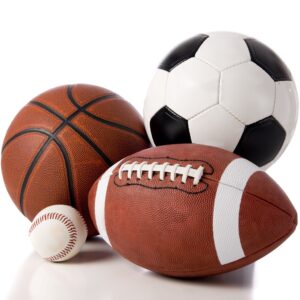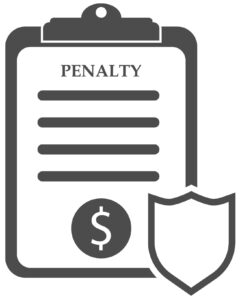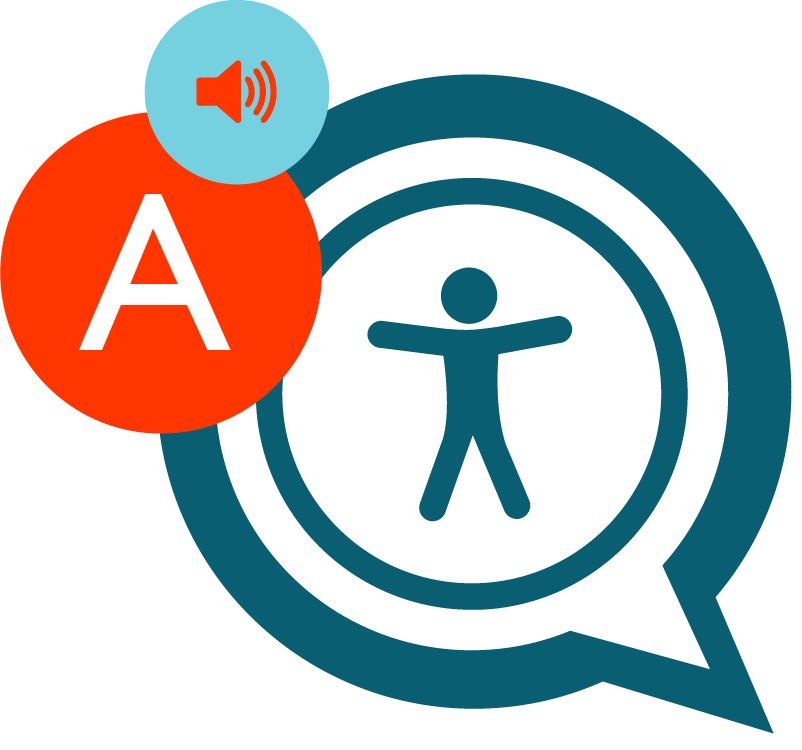
The Student-Athlete Gambling Awareness (SAGA)TM program was created to spread awareness and educate student-athletes about gambling behaviors, especially sports betting, and the sports betting rules and regulations they will encounter at the collegiate level. Additionally, SAGA educates student-athletes about the risks and potential impacts of a gambling problem and where to get help for themselves or someone they care about.
Athletes are much more likely to engage in gambling at an early age, and this can increase their risk of developing gambling problems later in life. Most athletes also report that their first gambling experience occurred before college. Early participation in gambling can increase the risk of developing a gambling problem later in life, and if that gambling includes sports betting it can also have immediate, and even permanent, consequences for athletes.
When is gambling a problem for student athletes?
When it involves sports betting!
Submit a request on the side of this page or email us at programs@nevadacouncil.org if you are interested in bringing SAGA to your school or sports organization!
Sports Wagering in the US
The Professional and Amateur Sports Protection Act (PASPA), signed into law in 1992, was designed to stop the spread of sports gambling across the United States. In effect, PASPA was a federal ban on sports betting. Four states were exempt from PASPA because allowances for sports betting were already written into their state laws. Those states were Nevada, Oregon, Montana and Delaware. Of the four, only Nevada was allowed to offer full-on sports betting in the years that PASPA was in effect the US.
In 2018 the Supreme Court overturned PASPA, allowing individual states to decide whether to make sports wagering legal. Since then, the great majority of states have legalized sports wagering. The greater participation by younger age groups that has accompanied the creation of easily accessible sports betting apps and national advertising campaigns has resulted in consequences that include serious impacts to athletes, coaches and staff who have been found to be in violation of NCAA rules.
NCAA Sports Wagering Rules
NCAA rules, common to all three divisions, currently prohibit student-athletes, coaches, conference office staff members, institutional athletics staff members, and non-athletics department institutional staff members who have responsibilities within or over the athletics department (e.g., chancellor or president, faculty athletics representative, individual to whom athletics reports) from betting on amateur, collegiate, and professional sports in which the NCAA conducts a championship. 2016, Sports Wagering – NCAA.org
NCAA penalties for sports wagering-related violations:
 Wagering-related violations including a loss of playing time can range from 10% to 100% of a season, including up to permanent ineligibility.
Wagering-related violations including a loss of playing time can range from 10% to 100% of a season, including up to permanent ineligibility.- A student-athlete wagering on their own team can potentially face permanent loss of collegiate eligibility in all sports.
- Student-athletes who engage in activities to influence the outcomes of their own games or knowingly provide information to individuals involved in sports betting activities will potentially face permanent loss of collegiate eligibility in all sports and in some cases can lead to criminal actions.
- Education on sports wagering rules and prevention are required any students in violation.
2023, DI approves changes to reinstatement guidelines for sports wagering violations – NCAA.org
NCAA studies along with others have reported:
- Sports betters are three or more times as likely than other gamblers who did not bet on sports to report frequent risky behavior. Those betting weekly on sports are five or more times more likely to report frequent risky behavior. These disparities are even greater for those playing fantasy sports. ¹
- Two-thirds of men and 51% of woman in college have engaged in sports betting activities. ²
- 41% of college students who bet on sports have placed a bet on their school’s teams. ²
- 67% of students living on campus are bettors and tend to bet at a higher frequency. ²
- 5% of college students played daily fantasy sports on a mobile app or website with money awarded if you perform well. ²
² NCAA releases sports wagering survey data (2023) – NCAA.org
Submit a request on the side of this page or email us at programs@nevadacouncil.org if you are interested in bringing SAGA to your school or sports organization!
Related News Articles:

04/23/24- NFL Reinstates Eagles CB Rodgers After Gambling Suspension – SportsHandle.com
04/18/24- Jontay Porter receives lifetime ban from NBA for violating gambling rules – MSN.com
02/12/24- Boom in youth gambling in Mass. fueled by online sports betting apps – BostonGlobe.com
12/31/23- College Football Playoff semifinals could set betting records – APnews.com
12/07/23- Lawyer says ex-Jaguars employee has gambling addiction – ESPN.com
12/06/23- Officials Investigating Suspicious Betting Activity in UNLV vs. New Mexico Game– ActionNetwork.com
11/23/23- Tennis umpire gets 10-year ban for betting, data manipulation – ESPN.com
11/21/23- MLB, NBA, and NHL launch new responsible gambling PSA – SBCAmericas.com
Research Studies and Surveys:
2023 – NCAA releases sports wagering survey data – NCAA.org
Email us at programs@nevadacouncil.org if you are interested in bringing SAGA to your school or sports organization!
Click below to learn more about problem gambling.
Understanding Problem GamblingImpacts & Consequences Warning SignsThe Hidden Addiction Suicide Risks
Worried about your gambling behavior or someone else’s?
There are many professional treatment and recovery support options available for anyone suffering with a gambling problem or suffering due to someone else’s gambling. The National Problem Gambling Helpline, operated by the National Council on Problem Gambling, is a single national access point to local resources for those seeking help for a gambling problem. The National Helpline consists of regional contact centers that provide resources and referrals for all 50 states and US territories.
The National Problem Gambling Helpline Network includes text and chat services. These features enable those who are gambling online or on their mobile phone to access help the same way they play. One call, text, or chat will get you to free and confidential problem gambling help anywhere in the U.S. 24/7/365.
Help is available 24/7 and is 100% confidential.
Program Support Funding
The SAGA program, originally developed by the Nevada Council on Problem Gambling through a generous contribution from the Vegas Golden Knights Foundation, has been enhanced through an Agility Grant from the National Council on Problem Gambling funded by the NFL Foundation, with additional support from FanDuel and DraftKings.
Nevada Council on Problem Gambling is a non-profit 501 (c)(3) organization and an affiliate of the National Council on Problem Gambling. The Council does not take a position for or against legal gambling.




